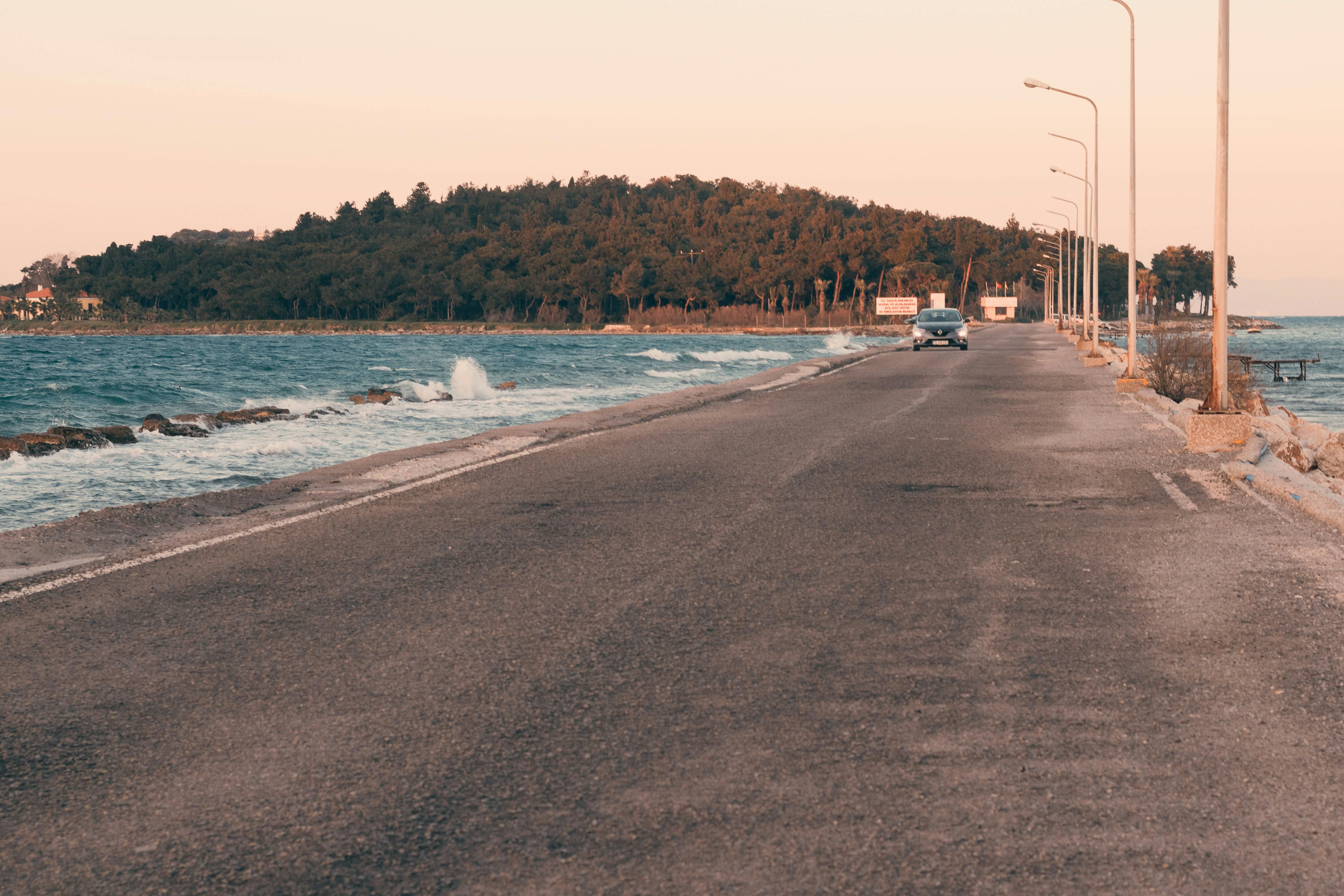A New Lease of Life for Berlin-Paris: Chancellor Merz Kicks off a Tight Defense and Security Partnership with France's Macron
Berlin's jurisdiction reverts to Paris; Macron adds new initiatives to his agenda
The newly-minted Chancellor of Germany, Friedrich Merz, hit the ground running in France, eager to put a fresh spin on the once stagnant relations between the two European powerhouses—Berlin and Paris. Merz hopped across the border immediately after taking office for an inaugural meeting with President Emmanuel Macron.
Their mutual desire for renewal was evident as the two leaders put a spotlight on defense and security issues, aiming to revitalize their countries' joint efforts to maintain peace and stability in the region.
France and Germany are bent on forging a closer bond in defense and armaments. Macron, during Merz's visit to Paris, revealed: "We will hasten our Franco-German programs, create new capabilities, and forge a French-German Defense and Security Council beyond tanks, combat aircraft, and long-range missiles." This innovative council is destined to pave the way for operational responses to shared strategic challenges.
According to Macron, they will also initiate a Franco-German program for defense-related innovations to foster revolutionary advancements essential for tomorrow's battlefield. As per Merz, the concerted aim is to amplify Europe's overall security and defense capacities through joint evaluations.
Defense spending must be escalated, Macron pointed out. Together, both nations must actualize the European Commission's proposal for mobilizing private and public funds to underpin the industrial and technological foundations of European defense.
In the future, Berlin and Paris pledged to coordinate their support for Ukraine even more closely. "Ukraine can continue to count on Germany and France in its struggle against Russian aggression," Merz declared.
Merz's visit to Paris was not merely a courtesy call; rather, it stood as a working meeting meant to breathe fresh air into German-French relations following the regime shift in Germany. There's hope in Paris that the new German government will be more receptive to treating low-emission nuclear energy as an equal to renewable energy sources.
Later in the day, Merz is slated to travel to Warsaw for a meeting with the Prime Minister, Donald Tusk. Meanwhile, Macron plans to sign a Franco-Polish friendship treaty with Tusk in Nancy on Friday.
Background:
The Franco-German Defence and Security Council is a strategic platform set up to intensify bilateral cooperation on defense and security matters. This venture was launched by French President Emmanuel Macron and German Chancellor Friedrich Merz during the latter's official foreign visit to Paris following his inauguration.[2][4][5]
Key Council Features:
- Objective: Regularly convene to deliberate and craft operational strategies to tackle common strategic hurdles faced by both nations.[2][4]
- Sector Care: Go beyond routine meetings to expedite Franco-German defense initiatives, encompassing the development of fresh military competencies, such as tanks, combat aircraft, and long-range missiles. A Franco-German innovation program with a focus on defense technology is also in the pipeline to generate groundbreaking innovations for future warfare.[5]
- Strategic Perspective: The Council serves as a response to pressing security issues, specifically Russia's encroachment on Ukraine and doubts concerning the USA's commitment to European security. Both Merz and Macron stressed the need for the USA's involvement in any future ceasefire and guarantees for Ukraine's security, combined with Europe's fortification of its defense capabilities.[2][4]
- European Implications: Merz urged all EU member states to boost their defense budgets to address shared security shortcomings and solidify support for Ukraine. Plans to collaborate with other European nations, such as the UK and Poland, are also on the table to amplify the impact of this collaboration.[2][4]
- Investment and Infrastructure: Macron underscored the importance of increasing investment in defense and implementing the European Commission's recommendations for mobilizing public and private funds to buttress the European defense industrial and technological infrastructure.[5]
In essence, the Franco-German Defence and Security Council is a strategic platform designed to deepen defense cooperation, foster innovation, and strengthen European security in the face of ongoing geopolitical obstacles, primarily in the context of the war in Ukraine and the shifting transatlantic security landscape.[2][4][5]
[1] ntv.de[2] AFP[3] dpa[4] jwu[5] Bild[6] Frankfurter Allgemeine Zeitung
- The recently-appointed Chancellor of Germany, Friedrich Merz, aspired to revitalize the stagnant relations with France, focusing on their joint employment policies for defense and security.
- In an effort to push for European defense innovations, Merz and Macron intend to establish a Franco-German program that fosters groundbreaking advancements in defense technology for future battlefields.
- The Franco-German Defence and Security Council, according to Macron's statement, will encompass more than just traditional military equipment, as it aims to create new defense capabilities and forge a council beyond tanks, combat aircraft, and long-range missiles.
- In order to bolster Europe's overall security and defense capacities, Merz underscored the need for joint evaluations under the guidance of the French-German Defense and Security Council.
- Macron and Merz emphasized the significance of defense spending escalation and the need for the EU member states to increase their defense budgets in order to address shared security shortcomings and solidify support for Ukraine.







